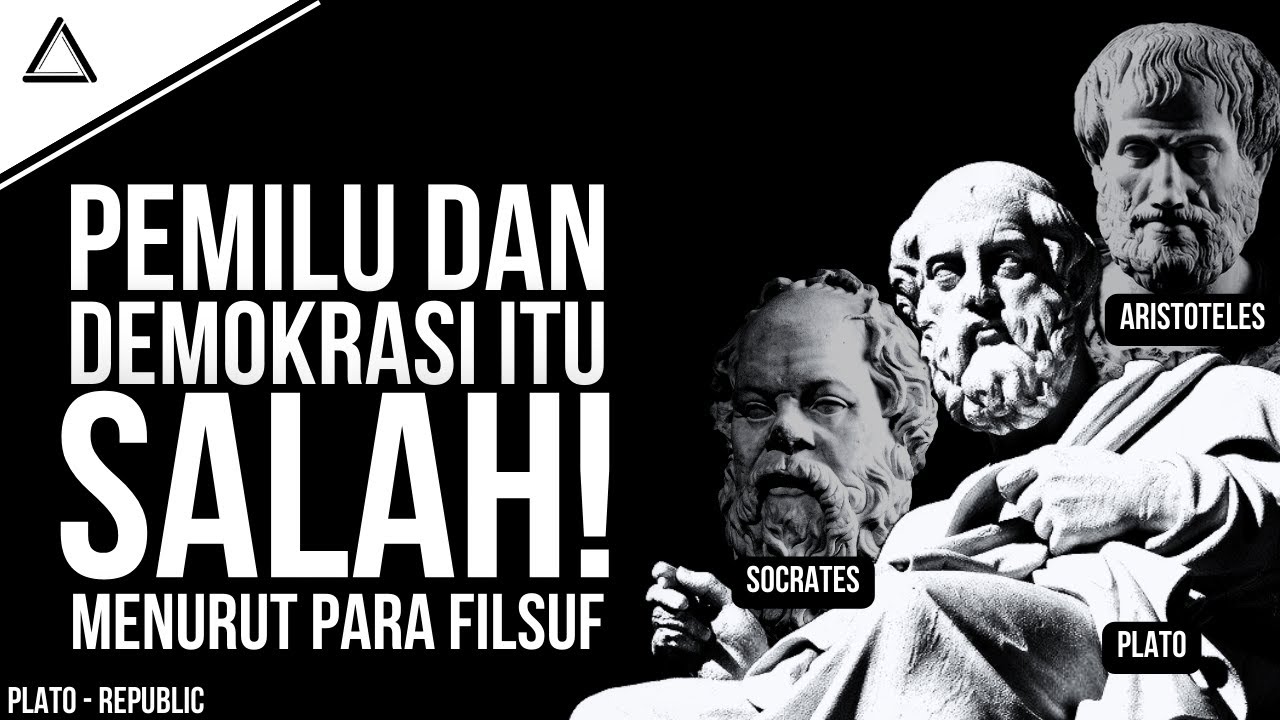KWN 8
Summary
TLDRThe video script discusses the concept of democracy, its theories, and practices, highlighting the evolution from ancient Greek origins to modern interpretations. It touches on various forms such as liberal democracy and people's democracy, noting that no country, even those with authoritarian governments, refrains from using the term 'democratic'. The script emphasizes that true democracy means people ruling themselves, but with large populations, direct governance is impractical. Instead, democratic processes like elections and political parties play a crucial role in representing the people's will. The importance of understanding the role of political parties, their ideologies, and the democratic process of electing representatives is underscored, providing a foundation for further exploration of democracy.
Takeaways
- 🌐 Democracy is a widely discussed topic with many theories and practices.
- 📚 There are numerous books and opinions on democracy, its origins, and its evolution.
- 🏛 Democracy's roots trace back to ancient Greece and has developed into various forms.
- 🗳️ Every country, even those with authoritarian governments, claims to be democratic in some form.
- 🏙️ The term 'people's democracy' was used by authoritarian regimes like the former Soviet Union.
- 🌍 Today, most of the world uses the term 'democracy', often referring to liberal democracy.
- 🏢 Even countries like China, which is communist in nature, have adopted certain aspects of liberal economy.
- 👥 Democracy means 'rule by the people', but due to large populations, not everyone can directly govern.
- 🗣️ Elections are held to choose representatives who act on behalf of the people's will.
- 📈 Political parties are institutions formed to pursue their ideologies and goals within the democratic system.
- 📊 Parties must adhere to the nation's foundational principles, such as Pancasila in Indonesia, while maintaining their unique ideologies.
- 🗳️ Elections are the embodiment of democracy, where the people elect representatives through a voting process.
- 📋 The importance of political parties lies in their role in organizing activities and representing the people's interests.
- 👥 The people have the right to determine who governs them through the democratic process.
Q & A
What is the general topic of discussion in the script?
-The general topic of discussion in the script is democracy, its theories, and practices.
Why do people often talk about democracy?
-People often talk about democracy because it is a widely recognized concept that many believe their country embodies, even those with authoritarian governments.
What are some of the different types of democracy mentioned in the script?
-The script mentions liberal democracy, people's democracy, and other forms, indicating that there are various interpretations and implementations of democracy across different countries.
Why do even authoritarian regimes use the term 'democracy'?
-Even authoritarian regimes use the term 'democracy' because it is a popular and positive term that can be used to legitimize their rule, despite their governance structure being contrary to democratic principles.
What is the difference between democracy in theory and democracy in practice?
-In theory, democracy is about the people ruling themselves, but in practice, due to the large number of people, not everyone can directly participate in decision-making, leading to the election of representatives.
How does the script describe the development of democracy from ancient Greece to the present?
-The script suggests that democracy has evolved from its origins in ancient Greece, where citizens could directly participate in governance, to modern forms where representatives are elected to govern on behalf of the people.
What role do political parties play in a democratic system according to the script?
-Political parties are institutions formed to carry out activities in line with their ideologies and objectives. They play a crucial role in democratic elections by nominating candidates for public office.
How are political parties related to the concept of Pancasila in the script's context?
-In the script's context, political parties are expected to acknowledge Pancasila as the state's foundation, but they may also have their specific ideologies, which should not contradict the national principles.
What is the significance of elections in the script's discussion of democracy?
-Elections are significant as they are the practical manifestation of democracy, allowing the people to choose their representatives and thus exercise their power to govern.
How does the script address the issue of dissatisfaction with elected officials?
-The script implies that there are mechanisms for changing elected officials, such as regular elections, which provide an opportunity for the public to replace underperforming representatives.
What does the script suggest about the relationship between democracy and economic systems?
-The script suggests that even countries with authoritarian political systems may adopt liberal economic policies, indicating a complex relationship between democracy and economic practices.
Outlines

This section is available to paid users only. Please upgrade to access this part.
Upgrade NowMindmap

This section is available to paid users only. Please upgrade to access this part.
Upgrade NowKeywords

This section is available to paid users only. Please upgrade to access this part.
Upgrade NowHighlights

This section is available to paid users only. Please upgrade to access this part.
Upgrade NowTranscripts

This section is available to paid users only. Please upgrade to access this part.
Upgrade NowBrowse More Related Video

D-05 - Caminhos da Cidadania no Brasil I (1/2)

Sejarah Dan Kritik Demokrasi Dan Pemilu Menurut Socrates, Plato Dan Aristoteles

6 - Democracies - Part 1

Perkembangan Ilmu Geografi - Kurikulum Merdeka Klas X Fase E

Seri Kuliah Online: (1) Demokrasi dan Demokratisasi

¿Qué es EL #ALMA?😱 teorías ANTIGUAS GRIEGAS 🏺
5.0 / 5 (0 votes)